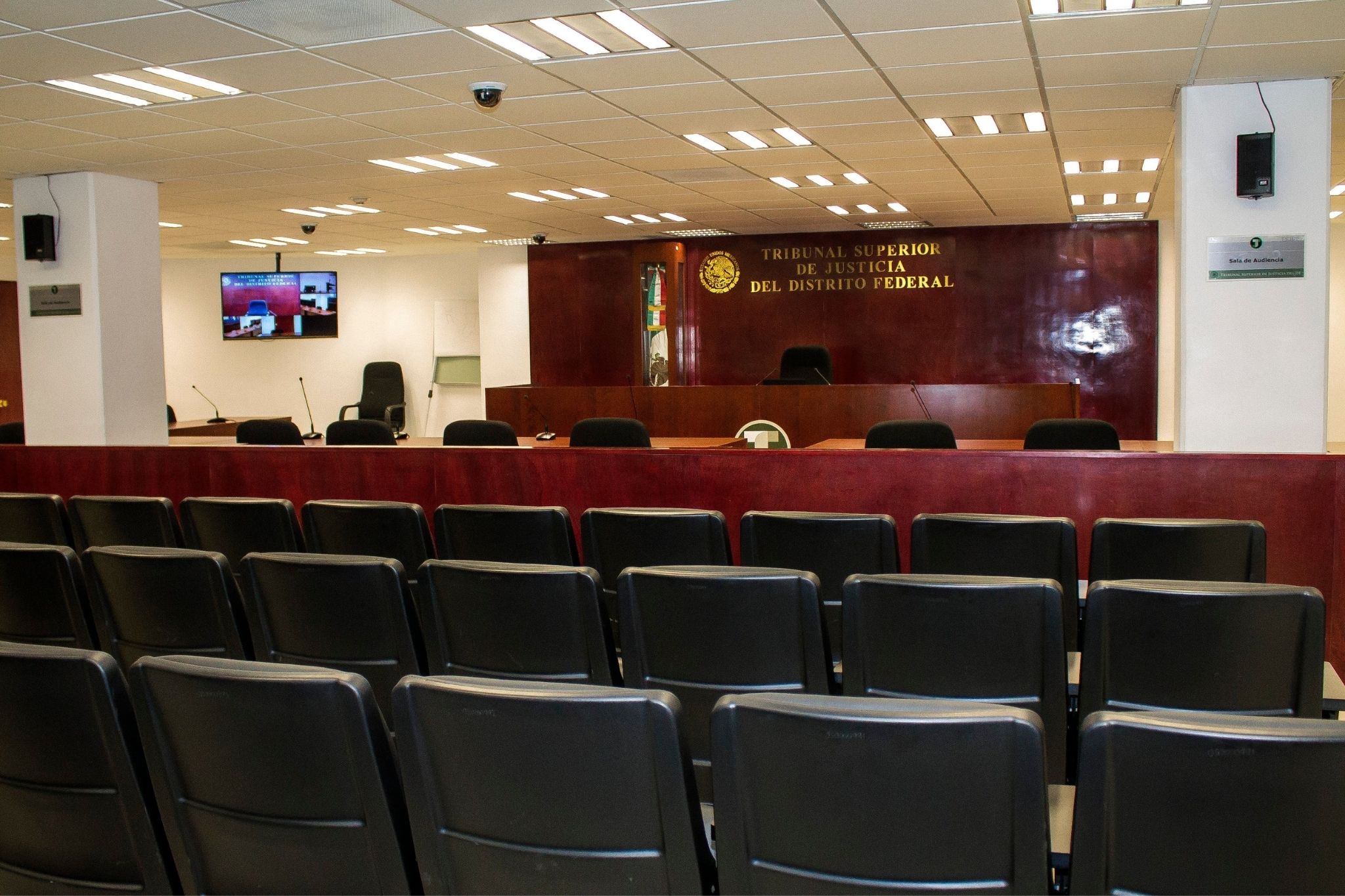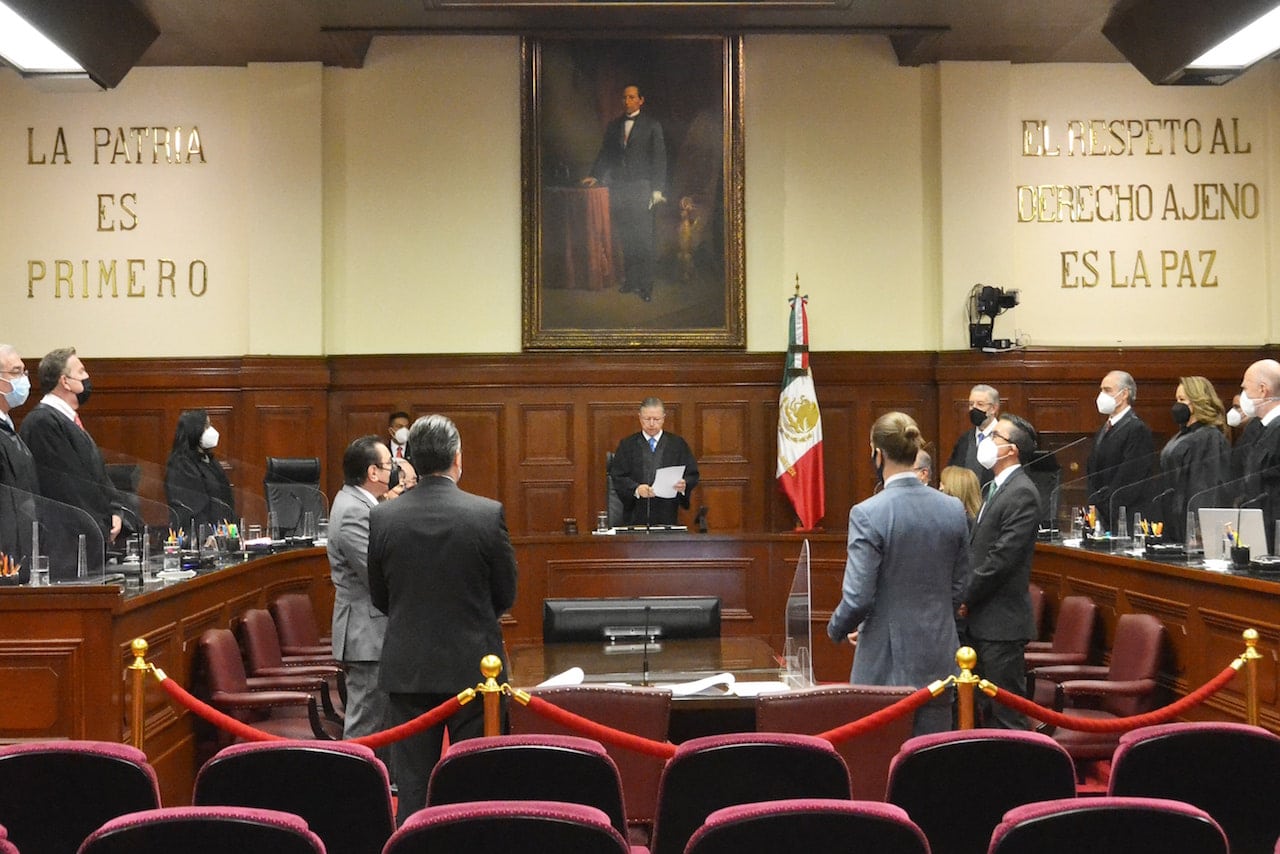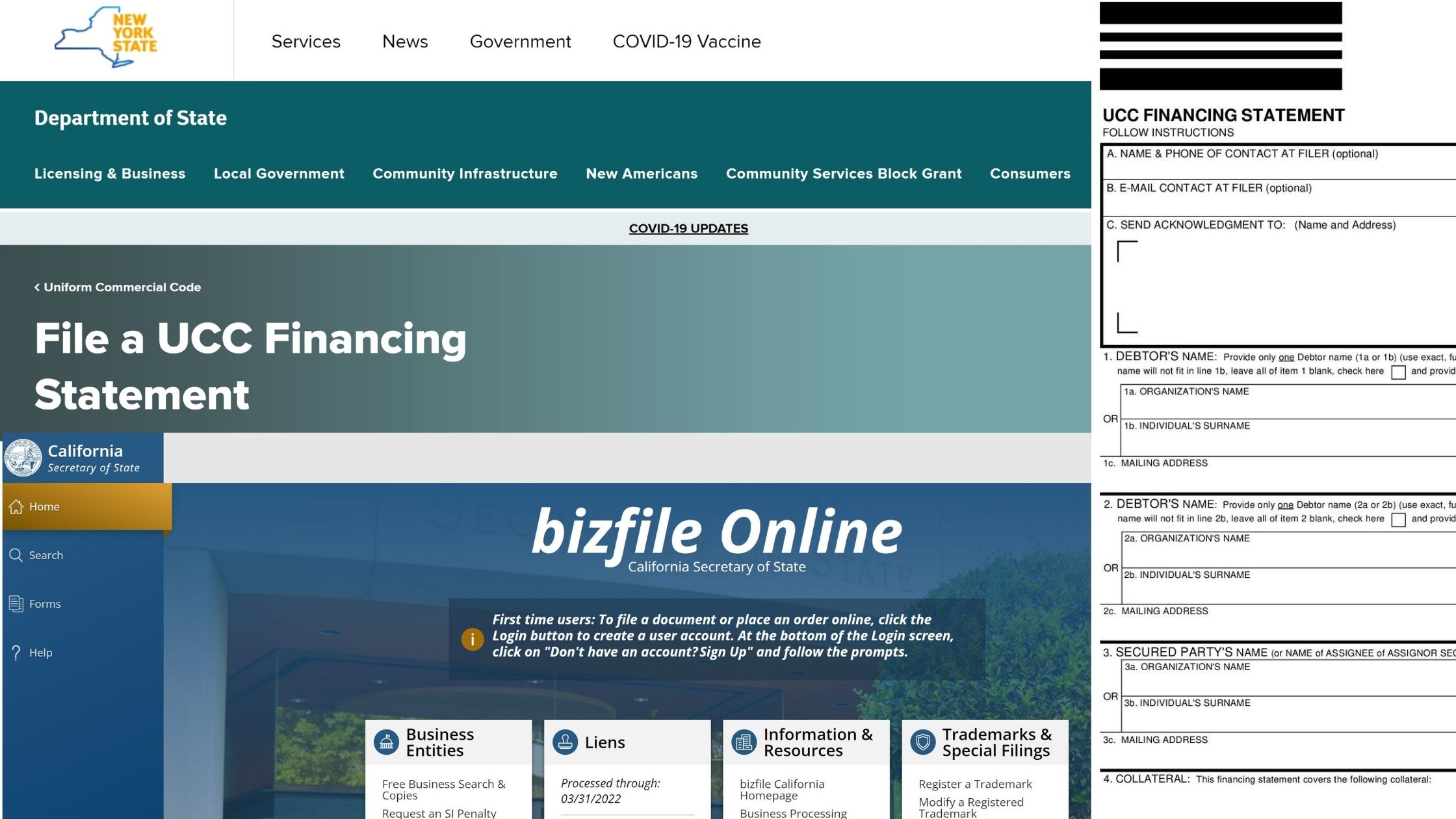Summary: Are all collection claims candidates for litigation in Mexico? The following article discusses the main factors that creditors should consider before engaging in litigation in Mexico for the recovery of debt. Our findings will also help assess litigation of a different nature or in other countries, subject to considerations of such unique cases or from the legal systems in those jurisdictions.

Introduction: reality of litigation in Mexico
“We want to file suit. Please provide your suit fee immediately.” I get these inquiries regularly. Many times, this is the first contact I have had with the client. Often, the client has not even provided any information regarding the claim or the debtor. Sometimes I feel that these clients think that there is a pre-packaged one-size-fits-all complaint pleading that we have ready for sale, and once purchased and filed at the courts, the judicial system will unleash its mighty power upon the debtor, make him tremble, and subdue him to our will. Clients expecting this are up for a rude awakening.
The fact is that not all claims are candidates for litigation in Mexico. A plaintiff (especially foreigners), under many situations, may find that the Mexican legal and court systems, with all its problems and nuisances, create many challenges that make the legal process debtor-friendly. This is usually the case where creditors didn’t document the loan or sale properly (anticipating the challenges of litigation in Mexico) or didn’t perform a proper due diligence on their debtors. Whatever the cause may be, the bottom line is that creditors should choose only the best claims for litigation in Mexico and, should put a game plan in place to reduce costs and risks.
To filter good candidates from bad and put a game plan in place, there are three issues that creditors should address before deciding to start a lawsuit in Mexico:
- Costs and rewards.
- Risks.
- Legal strategy.
The following article will point out the factors that weigh into these issues and will try to provide some guidance and recommendations for the best decisions and course of action.
1. Costs and rewards of litigation
First, you must keep in mind that going into litigation in Mexico has to make business sense. Spending $4,000 dollars in legal costs for a $5,000 claim is senseless. Despite the logic, plenty of clients insist on suing their debtor all while neglecting the possible costs of doing so. Thus, the first thing you must do is determine the cost of litigation, which your litigation lawyer in Mexico should quote after reviewing the supporting documents for your claim, and after assessing the risks explained here and determining the legal strategy. These costs include the actual costs and expenses of litigation, as well as attorneys’ fees. These vary depending on several factors.
While it is hard to put an estimate on costs, you must keep in mind that litigation in Mexico does not come cheap. This is due to a legal system that is inefficient. Every time you have an inefficient system, transaction costs will be high. Each year the World Bank releases guides for Doing Business in different countries, with information ranging from business environment to enforcing contracts. According to the 2020 World Guide, Mexico ranks 43 out of 190 countries for ease of enforcing contracts in court, taking 341 days to enforce a contract while costing 33% of the value of the claim. While these numbers may not reflect the reality in all jurisdictions or apply to every case, they are a good place to start.
Legal proceedings in Mexico are usually slow, and the cost will absorb a good part of the claimed amount, but there are exceptions. Some examples are small and large claims. It is hard to imagine paying 33% in costs and fees out of a $10 million dollar claim. Similarly, 33% out of a $5,000 claim will not cover costs and fees of good legal representation. Another exception is claims with good supporting documents, including collateral or security. These claims may find their way through a privileged action in court, which will reduce costs and save time. Another scenario would be complex cases (trademarks, distribution, contract disputes with counterclaims, etc.), or claims subject to arbitration. These just change the rules of the game and merit different treatment.
Having said this, if I wanted to save time, I would discard claims from the start, being the small claims that have no collateral or security. These claims may not justify the cost of good legal representation and would just give headaches and further losses. If I had to put a number, I would say that the threshold would be $25,000 US Dollars. A claim worth less than this would require plenty of justification to litigate. Anything above this is worth considering under evaluation of factors explained below.
An important lesson here is that there are no hidden shortcuts or deals. Because litigation is tough, you will need professional and reliable legal representation to be successful, and a good litigation lawyer in Mexico has a cost that may not come cheap. If you shop around long enough, you will eventually find a lawyer that will accept your case at the price you are asking. But is it worth it? Should you retain him? These are questions that only experience, and knowledge of the legal system and culture can help answer. Common sense always helps as well.
2. Risks of litigation
Once you confirm that you have a case worth pursuing based on costs and rewards, you must assess risks associated with your action to determine the likelihood of success. The bottom line is whether you will be able to seize assets from your debtor and whether you can win your case. These questions should be analyzed in detail and separately.
a) Will you be able to execute if you win your case?
i. Legal
A debtor that changed his company name, or conducts business under a different entity, presents a major challenge. While this may constitute fraud, prosecuting authorities are just not reliable enough to bet on them for efficient and effective legal redress. In addition, piercing the corporate veil in Mexico is difficult, so it will be risky and expensive when your debtor is no longer there, and you intend to pursue actions against a wealthy shareholder or a related company, considered alter egos.
ii. Financial
If the debtor is still there, you must confirm that he has enough assets to pay your debt. These not only include real estate but inventory, bank accounts, receivables, and other movable assets that you can seize or garnish. While a visit to the debtor’s premises is a good start to uncover assets and confirm business operations, investigations at the local public registries or through government online platforms are highly recommended to find out about liens, lawsuits, loans, etc. If assets of the company are totally encumbered it may mean that you will be at the end of a line of creditors, with nothing left to pay your debt.
iii. Commercial
The debtor may have assets now, as well as a sound business, but what will his situation be in a year or two when you win the case and are ready to execute? This is where you need to consider the debtor’s presence in the market, as well as its history. A debtor with no market presence and no history will have no problem turning to fraudulent schemes to change its company name and conceal assets to avoid execution. A debtor with this possibility presents a higher risk.
iv. Lawsuits
A Google search might throw information about some lawsuits against the debtor, but is never exhaustive nor actual, so it is unreliable. There are specialized reports that provide actual and complete information from courts throughout the country, and your litigation lawyer in Mexico should be able to assist with this. These reports are highly recommended to uncover additional exposure from a debtor, something that will add significant risk to your case.
v. Collateral
When the debtor’s situation is bad, you can always count on collateral to raise the likelihood of collection. If collateral was provided and your Mexican lawyer can confirm that it is enforceable in Mexico, you are reducing unwanted risks. Thus, when all previous factors are unfavorable, collateral may save your case. Just make sure that the collateral has not depreciated to a point where its value does not cover your debt.
b) Will you be able to win your case?
Before you can execute, you must get a judgment, and you must get it fast. There are many factors that determine the likelihood of success of any case. To find out about it you must ask yourself the following questions:
i. How strong is the case?
To enforce a contract, you must prove that you performed on your end of the bargain. In the case of the sale of goods, it means proving that you delivered the ordered goods and that the debtor received them. The Mexican legal system relies heavily on documentary evidence, and the documents that can get the job done are shipper imports from the Mexican customs’ office (“pedimentos de importación”), and bills of lading or signed delivery receipts. If you don’t have these documents or a written acknowledgment of debt from your debtor, you are in for a tough case.
On the other hand, there are certain documents that allow a privileged action that lowers risk, time, and cost. These include promissory notes (“pagarés”) and checks. If you have these you are turning the burden of proof to your debtor, which releases you from proving anything related to the sale of goods. In conclusion, documents that prove performance make your case strong. A pagaré makes your case even stronger.
ii. How good are the courts that will hear your case?
Mexico has a state and a federal court system, and the performance levels between courts varies greatly from state to state. Each jurisdiction has its own set of problems that will be different from the next. While in one you will find biased judges who may not want to execute against companies (since they are a source of employment to the town), in another there will be corruption, and in another lack of infrastructure or sufficient staff at the courts, or few qualified and trained officials, etc.
There’s a survey study from ITAM (Instituto Tecnológico Autónomo de México) with analysis from Moody’s Investors Service Mexico, which rates the level of performance of courts throughout Mexico. Also, the World Justice Project has issued the Mexico States Rule of Law Index 2022-2023, which measures civil justice, in addition to corruption and other factors. These would be reliable sources to evaluate the performance levels of the courts where you will bring a lawsuit against your debtor. The next source will be your litigation lawyer in Mexico, who should be able to disclose other problems that influence the performance of the courts in those areas, such as violence. If you are stuck with a jurisdiction that rates poorly or with other problems, you must consider it as an increased risk. (For more information regarding the legal process and nuances of the judiciary in Mexico, please read our article “A Lawyer’s Guide to Strategic Legal Debt Recovery in Mexico.”)
iii. What is the history of the debtor?
A debtor with a history of lawsuits poses a major threat to the likelihood of collection. These debtors are the ones that will easily deny the debt before a judge (without any worries about perjuring themselves), and that will easily turn to fraudulent schemes to hide their company and protect their assets. These debtors usually have defense attorneys on their payroll, so they just don’t mind when the next lawsuit arrives. Here, the chances of the settlement will be slim, so you must have a strong case and litigate throughout. To avoid surprises, a specialized report on lawsuits is recommended.
3. Legal strategy for litigation in Mexico
The last piece of the puzzle is all about reducing risk and raising your chance of success. This comes while confirming that you have a quality case with moderate risks. The equation involves retaining a reliable litigation lawyer in Mexico that is willing to share the risk, and a sound action plan to control the cost and time of litigation. We should investigate these factors in more detail.
a) Local litigation lawyer in Mexico
The first thing you must know about lawyers in Mexico is that ethical conduct is mostly unregulated. Lawyers are not obligated to belong to a bar association to practice law and, thus, are not subject to penalties or disbarment for unethical behavior. This surely calls for caution when selecting an attorney for legal advice and representation. And while there are many professionals who are trustworthy, the key lies not only in finding a reliable source, but in finding one that is the right fit for your case.
For instance, even when you come across a good transactional lawyer, you should question whether he would be the right fit to handle your litigation case. The same is true for a litigation lawyer that deals only with tax or labor claims. Would he be the right fit for an international collection claim? Again, basic knowledge about these issues and common sense may help you find the right answer.
Another important factor is knowing the current practices of the legal profession and trying to come up with a good partnership. Because of the inefficiencies and problems of the Mexican courts, few attorneys are willing to handle a collection case based on contingency fees. In fact, most lawyers will offer services under hourly or fixed fees, asking for advancements upon progress of your case, regardless of whether an actual recovery is made.
The key is finding the right professional that is willing to share the risk by handling your case under contingency fees, at least partially. For instance, you can negotiate a small advancement to prepare your complaint and handle the initial stages but tie the main part of the fee to an actual recovery. I believe this to be a fair arrangement that any interested lawyer would welcome. And if your attorney is just unwilling to handle the case under a contingency fee (but not opposed to hourly fees), you should seriously question whether your case is a worthy candidate for litigation.
b) Action plan for litigation
A way to control time and cost on all projects is with project management. Although there are many variables in litigation, good planning and follow-up can help tremendously in controlling things and raising your chance of success. You simply will not leave your case with your lawyer and turn your back. Good practice requires that your lawyer explains in detail the type of case that he will file, the evidence required, the challenges ahead, and the overall strategy pursued to win the case and collect. You can complement this effort by trying to gain a basic knowledge of the legal process in Mexico, including the different proceedings available and the stages to reach a judgment. While you are not expected to become an expert, the effort to gain basic knowledge will pay dividends when teaming up with your lawyer in setting up the best strategy.
Finally, a good strategy to discuss with your lawyer in Mexico to keep costs under control is the exit strategy. Many times, you will not be convinced about litigation, or you will not have the resources to pay and sustain a long litigation. If this is the case, but you still want to try a strong action to see if you can get a reaction from your debtor, all while keeping your costs down, discuss with your lawyer an exit strategy. There might be a possibility of filing preliminary actions or going through the preliminary stages of a criminal or civil action without the risk of having to pay court costs. There are different possibilities out there, all of which will depend on the creativity of your legal team, under your approval and supervision.
c) Who makes the decision to start litigation?
In the movie The Rainmaker, attorney Deck Shifflet (Danny DeVito) is teaching the young lawyer Rudy Baylor (Matt Damon) the tricks of the trade. After Rudy complains of that day’s lesson being blatant ambulance-chasing, Deck objects: “who cares? There’s a lot of lawyers out there, it’s a marketplace, it’s a competition.” This scene illustrates a reality: some lawyers may try hard to sell their services and will often make recommendations for litigation when all facts point in another way. This is especially the case when the lawyer is looking to work under hourly or fixed fees and is not willing to share the risk through contingency fees.
Don’t get confused. While you are not a legal expert, it only takes knowledge of the issues raised here and good common sense to make a sound decision on whether to start litigation or not. You will always seek guidance from your local attorney in Mexico, but the decision lies with you, not him. Have your litigation lawyer in Mexico provide all the information required, ask a lot of questions, and then come up with a sound business decision of your own.
Conclusion
Not all claims are candidates for litigation in Mexico. Thus, you must be diligent enough to avoid throwing good money after bad. Discard those small claims that have no collateral or other security (such as pagarés) and that will not pay for good legal representation while returning a profit. Before writing off these debts, make sure that you have exhausted all other available options prior to litigation, which may just allow you to recover amicably or position you in a better situation to justify a lawsuit.
With all larger claims do your due diligence to make sure that there are no unreasonable risks that will seriously put your collection in jeopardy, or that will result in unreasonable delay or cost. Once you have found the good candidates, make sure that you find a reliable litigation lawyer in Mexico that will share at least some of the risk of litigation, and put a game plan in place to reduce the remaining risk to the extent possible. Finally, keep constant communication with your lawyer to make sure that your plan is on track, and adjust whenever necessary to avoid any surprises.
While it is sad to write off a debt and accept the loss, it is a lot better than pursuing a case that is doom for failure and that adds additional loss in money, time, and energy, aside from stress. You should now direct your efforts to build a system to prevent or reduce future write-offs as reasonably possible on trade credit, and on reinforcing litigation for those quality claims that have their chance of success in court.




